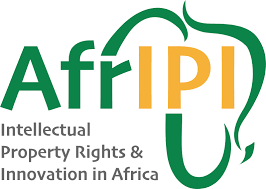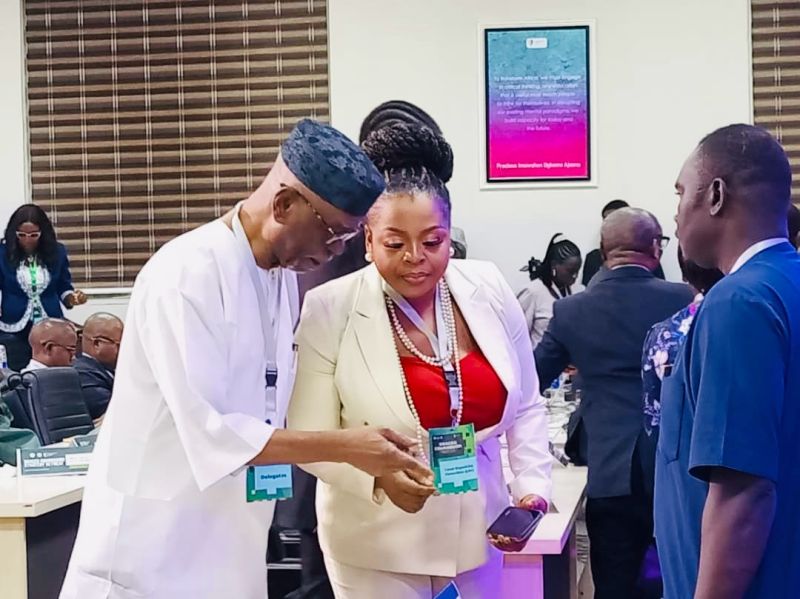While 92% of South Africans say sustainability is important to them, only 58% claim to live sustainably according to a 2022 study by global consumer insights agency InSites Consulting. It’s clear South Africans want to make a change; they just don’t know where to start. That’s where online retailers and e-commerce merchants come in, says Steffen Burrows, CURBON co-founder and director.
The ‘sustainability paradox’, or the gap between acknowledgement (92% importance score) and action (42% not living sustainably), should be treated by brands as an opportunity. Since 86% of consumers believe that companies have a duty to take care of the planet, merchants and e-commerce businesses can help consumers overcome barriers to adopting more sustainable habits in their daily lives. This means making sustainable living more accessible, as 60% of consumers would adopt a more sustainable lifestyle if it cost less time or effort.
Brands must make the first move
According to ‘Online Retail in South Africa 2022’, a study conducted by World Wide Worx with Mastercard, the total growth for online retail in South Africa in 2022 was 35%, boosting the total value of online retail to R55 billion. Furthermore, South Africans are ready to commit to brands that are sustainability-oriented. Such brands are already perceived as more trustworthy (62%), along with providing a higher level of quality (65%). So where is the most immediate opportunity for brands to take a stance on sustainability? The e-commerce space already operates on razor-thin margins, with very little to differentiate companies apart from the speed of delivery and customer support. There is no room to compete on price, so online sellers need to seize every advantage they can to grow their customer base and increase checkouts.
On trend with sustainability
Significant sustainability trends include an increased focus on creating circular economies. Additionally, companies have a heightened expectation to ensure that they put their sustainability commitments into action. In other words, lip service is not a differentiating factor. There has been a visible push for fashion retailers to deliver on their professed values by taking real action on their climate impact, particularly in the fast fashion industry.
Offsetting is a good start
Carbon offsetting is an immediately accessible action that online sellers can take to prove their commitment to adopting business practices that are progressively more sustainable. Why should businesses consider carbon offsetting? Everything consumers purchase has already impacted the environment through greenhouse gasses and carbon dioxide emissions from their manufacture and transport. By allowing shoppers to offset their purchases, businesses can ensure that their customers can continue to consume with a reduced impact on the environment.
Immediate benefits
Many consumers feel jaded about their ability to help, halt, or reverse climate change. However, since so few companies choose to offset their emissions internally, there is now a golden opportunity for brands to help consumers feel more empowered by giving them the mechanism to put their money where it matters, right now. Although companies might not be able to make complete operational changes right away to reduce their environmental impact entirely, they can instead offset their products all the way up the value chain. This has an immediate tangible benefit in helping to move the needle for everyone involved, allowing businesses the breathing room they need to redesign their processes and business models.
Plug in and offset
Curbon provides a way for companies to step up and give their shoppers the tools to bridge the sustainability paradox gap for themselves, in a way that does not require much time, effort, or cost much more than they are willing to spend. Using a simple e-commerce plug-in, companies can allow their customers to offset the carbon footprint of their purchases by paying for carbon credits. CURBON’s system uses industry standards to calculate the total emissions of the contents of a cart at checkout and adds this amount to the total amount pad.
By adding CURBON to their checkout suite, companies can significantly improve their brand’s image as being environmentally conscious in an industry where the calls to boycott fast fashion and impulse purchases are only getting louder. This is a defining moment that allows online merchants and e-commerce brands to differentiate themselves and add value to their customers by being a conduit for more sustainable consumer decisions.
















